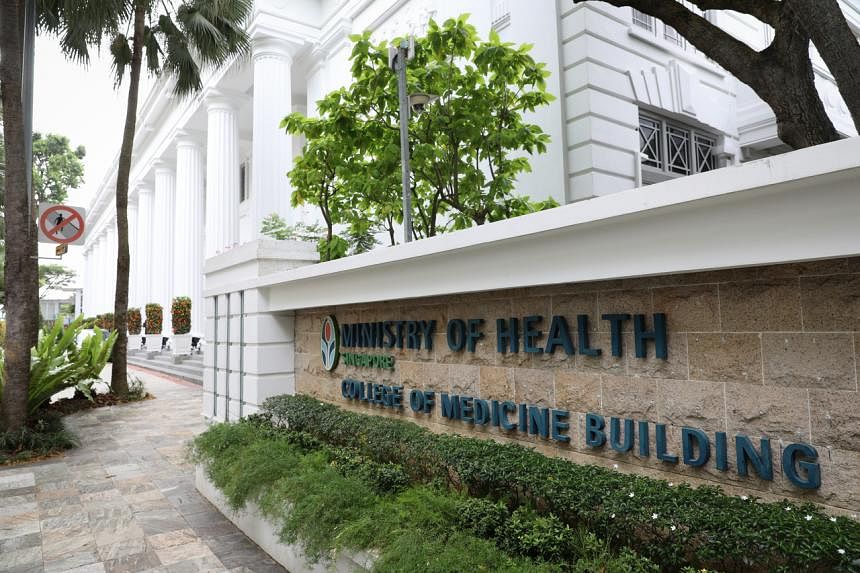SINGAPORE - The cost of cancer treatment will inevitably rise if public healthcare financing is "liberally extended to very expensive and novel cancer drugs", said the Ministry of Health (MOH) on Friday (June 17).
In a letter to The Straits Times, MOH director of finance policy Lydia Loh said insurance premiums will also go up, with the overall effect being reduced affordability for most people.
She added that upcoming changes to cancer treatment financing have already prompted pharmaceutical companies to reduce prices of cancer drugs by 30 per cent on average, in order to benefit from subsidies and health insurance coverage under MediShield Life and Integrated Shield Plans (IPs).
Ms Loh was responding to an ST article published earlier this week, in which senior health correspondent Salma Khalik called on the ministry to rethink its changes to cancer treatment financing.
These changes, which are slated to kick in from September, include limiting MediShield Life and IP coverage to a list of cancer drugs that have been clinically proven to work and are considered cost-effective.
The list has specific rules on how each drug should be used in treatment.
It means that "off-label" drug use - for instance, new drugs that have not yet have received official regulatory approval, or existing ones that are not listed for use against a particular cancer - will no longer qualify for coverage.
This is despite the fact that patients have, on occasion, benefited greatly from off-label drugs after standard treatments have failed.
In her response, Ms Loh said off-label drugs have not been approved by the Health Sciences Authority for use in certain circumstances, typically because there is not enough clinical evidence to ascertain their safety and efficacy.
"We understand that at times, off-label drugs may provide much needed hope for patients and their loved ones," she said.
"Hence oncologists are allowed to prescribe such drugs, but without subsidies, MediShield Life or Integrated Shield Plan coverage. We also hope patients weigh the risks and costs with their doctor and insurer to make an informed decision."
She added that there are private insurance schemes that cover off-label cancer drugs. Subsidised patients who have been assessed by public healthcare institutions to require cancer drugs outside the list, and have difficulty affording them, may apply for government assistance such as MediFund.
MOH will also facilitate referrals of private patients to subsidised care, she said.
In a separate letter, MOH's Agency for Care Effectiveness (ACE) said on average, 50 per cent of new cancer drugs or newly discovered uses for existing drugs enter the market with no evidence that they improve survival or quality of life.
Many others show an increase in survival of a few weeks or months, or an improvement in cancer markers with no prolongation of life, said Dr Daphne Khoo, ACE's executive director.
"There are of course exceptions," Dr Khoo said. "Exceptions aside, the general picture is one of rapidly escalating drug costs with marginal improvement in clinical outcomes, and will significantly drive up health insurance premiums and reduce affordability, especially for lower-income individuals."
She stressed that Singapore must therefore strike a balance between allowing the liberal use of cancer drugs and keeping the overall scheme affordable through the greater use of cost-effective drugs.
ACE was set up in 2015 to assess the impact and value of healthcare technology. It worked with MOH in drawing up the new cancer drug list, and also sought feedback from oncologists and patient advocacy groups.
Dr Khoo said most countries do not subsidise or reimburse off-label use of cancer drugs, given the uncertain clinical benefits and the risk of side effects.
"There are situations in which off-label use is justified and MOH allows it, provided certain criteria, such as those on clinical and cost effectiveness, are met," she said, adding that companies and doctors are advised to submit their evidence to ACE in time so that patients have better access to new cancer drugs.


